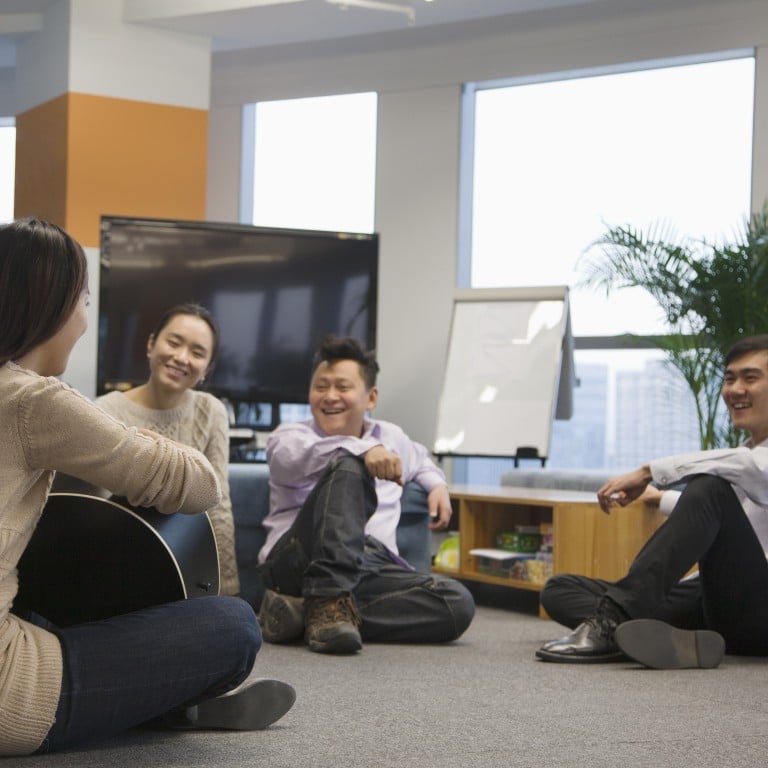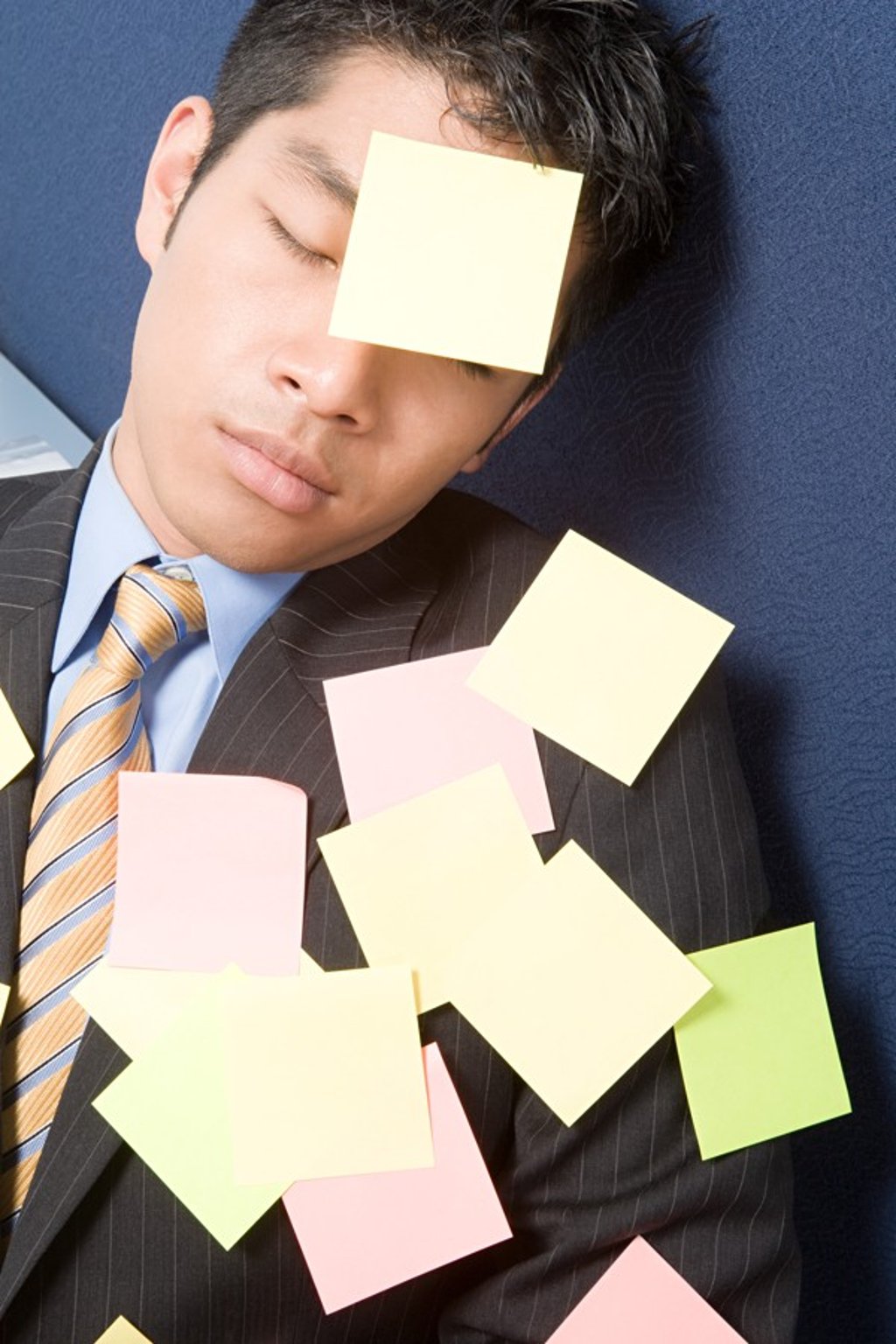Opinion / Sorry, Jack Ma, the ‘996’ working week does not reflect reality in modern China

Life in China is competitive and fast-paced, but rather than working staff 9am to 9pm, six days a week, firms realise staff hold the upper hand in terms of supply and demand
While there is an endless stream of news articles about China published in the international media, there remains a gaping chasm between the image of China and the reality.
While the quantity of pieces in international news titles is high, the accuracy is low – partly thanks to the online clickbait world we live in today, and partly thanks to some people who put the concept of “modern China” back 30 years.
Jack Ma, executive chairman of Alibaba Group – the Chinese multinational conglomerate focused on e-commerce, retail, the internet and technology, and which owns the South China Morning Post – chose just three numbers to achieve this feat: 996.
If you haven’t seen any piece of news about China in the last month, 996 means that IT workers at Alibaba are expected to work from 9am to 9pm, six days a week.

Yes, life in China is competitive and fast-paced. The phrase “New York minute” refers to an instant – as former American television chat show host Johnny Carson once said, it’s the time between a Manhattan traffic light turning green and the driver behind you honking the horn.
China, always able to do one better, has more like a “Shanghai second”, because it doesn’t take much longer than that for a good honking in China’s cities.
The population is in a rush. Not in an abstract haste, but on a mission. Work more. Accrue wealth. Upgrade life. Everything feels possible in China, WeChat messages fly and suddenly ideas become reality, the answer to every question is “OK, how can we make it happen?”.
However, working more doesn’t mean being crammed behind a desk and committing to digit-specific schedules just because some billionaire tells you to.
In first-tier China, the working population enjoys internationalised cultures, benefits, perks and flexibility.